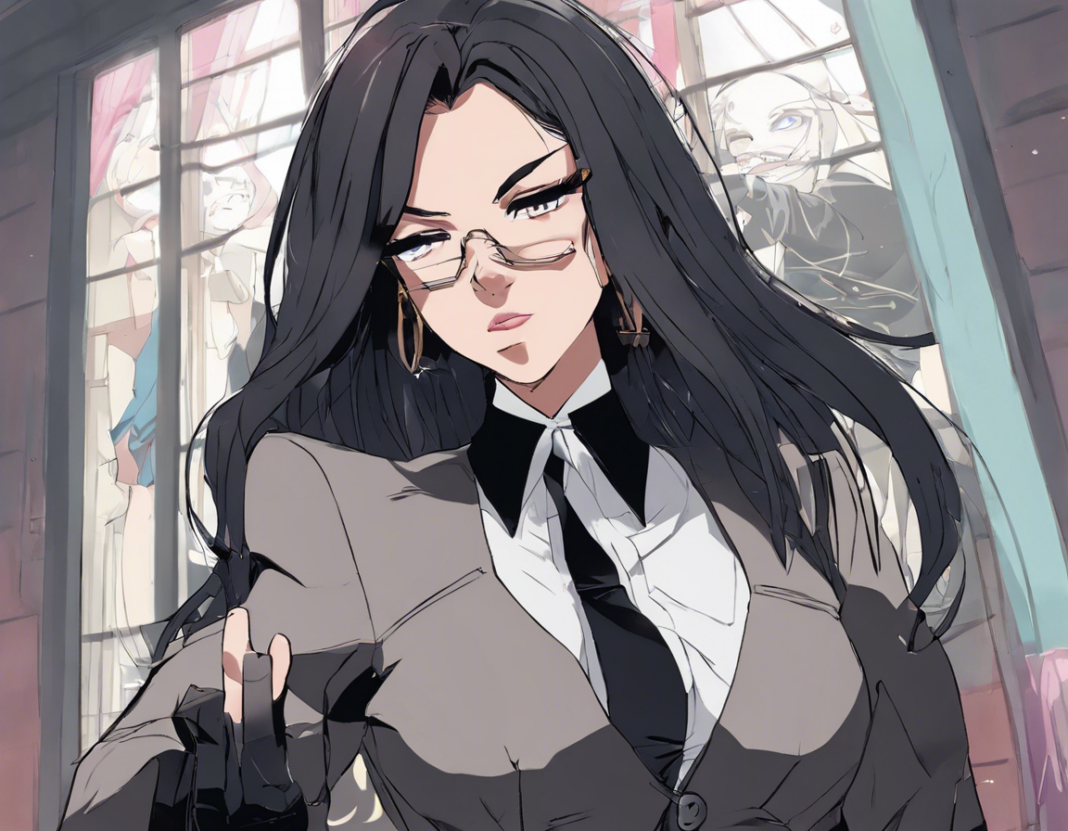Bullying is a pervasive issue that impacts individuals of all ages, backgrounds, and walks of life. It manifests in various forms – from physical aggression to verbal abuse and cyberbullying. While it is commonly associated with children and adolescents, bullying can also occur in the workplace, online communities, and even in social circles. This blog post aims to delve into the complexities of bullying, with a particular focus on a unique and troubling trend known as “Please Bully Me Miss Villainess.”
Understanding “Please Bully Me Miss Villainess”
“Please Bully Me Miss Villainess” is a phrase that has gained traction in online communities, particularly in certain subcultures such as anime, manga, and fanfiction. It refers to a specific trope where a character – often depicted as a strong, dominant female figure known as the “Villainess” – engages in acts of bullying towards another character, typically the protagonist.
This trope romanticizes and fetishizes bullying behavior, portraying it as a form of affection or attention. The dynamics of power and control at play in these narratives can have harmful implications, especially when consumed by impressionable audiences, including young individuals.
The Impact of “Please Bully Me Miss Villainess”
1. Normalizing Toxic Behavior:
The normalization of bullying behavior in “Please Bully Me Miss Villainess” narratives can desensitize individuals to the serious consequences of such actions. It blurs the lines between healthy relationship dynamics and harmful patterns of control and manipulation.
2. Reinforcing Harmful Stereotypes:
The portrayal of the Villainess as a dominant and aggressor perpetuates harmful stereotypes about assertive women. It paints strong female characters in a negative light, associating power with cruelty and aggression.
3. Impact on Mental Health:
For individuals who have experienced bullying in their lives, consuming content that romanticizes such behavior can trigger trauma and exacerbate existing mental health issues. It can instill a skewed perception of what constitutes love and affection in relationships.
Addressing “Please Bully Me Miss Villainess”
1. Critical Media Literacy:
Educating individuals, especially young audiences, about the implications of consuming content that glorifies bullying is essential. Developing critical media literacy skills can help individuals identify harmful tropes and narratives and make informed choices about the media they engage with.
2. Promoting Healthy Relationship Dynamics:
Emphasizing the importance of respect, empathy, and communication in relationships is crucial in combating the normalization of toxic behavior. Encouraging discussions about healthy boundaries and consent can help individuals navigate complex social dynamics.
3. Seeking Support:
For those who have been impacted by bullying, whether in real life or through media consumption, seeking support from mental health professionals or support groups can be beneficial. Processing trauma and understanding the impact of bullying on one’s well-being is an important step towards healing.
Frequently Asked Questions (FAQs)
1. What is the origin of the phrase “Please Bully Me Miss Villainess”?
The phrase “Please Bully Me Miss Villainess” originated in online communities, particularly in the context of fanfiction and anime/manga subcultures. It signifies a specific trope where a dominant female character engages in bullying behavior towards another character.
2. Why is the “Please Bully Me Miss Villainess” trope problematic?
The “Please Bully Me Miss Villainess” trope romanticizes and fetishizes bullying behavior, blurring the lines between healthy and harmful relationship dynamics. It can normalize toxic behavior and perpetuate harmful stereotypes about power and control.
3. How can individuals resist the influence of “Please Bully Me Miss Villainess” narratives?
Developing critical media literacy skills, fostering discussions about healthy relationship dynamics, and seeking support from professionals or support groups are effective ways to resist the influence of harmful narratives like “Please Bully Me Miss Villainess.”
4. What are the warning signs of bullying behavior in relationships?
Some warning signs of bullying behavior in relationships may include constant criticism, control tactics, isolation from friends and family, and manipulation. It is essential to recognize these red flags and seek help if you or someone you know is experiencing bullying.
5. How can parents address the impact of “Please Bully Me Miss Villainess” on their children?
Parents can engage in open conversations with their children about media consumption, discuss the portrayal of relationships in the media, and provide guidance on identifying healthy and unhealthy dynamics. Monitoring and discussing online activities can also help mitigate the influence of harmful content.

